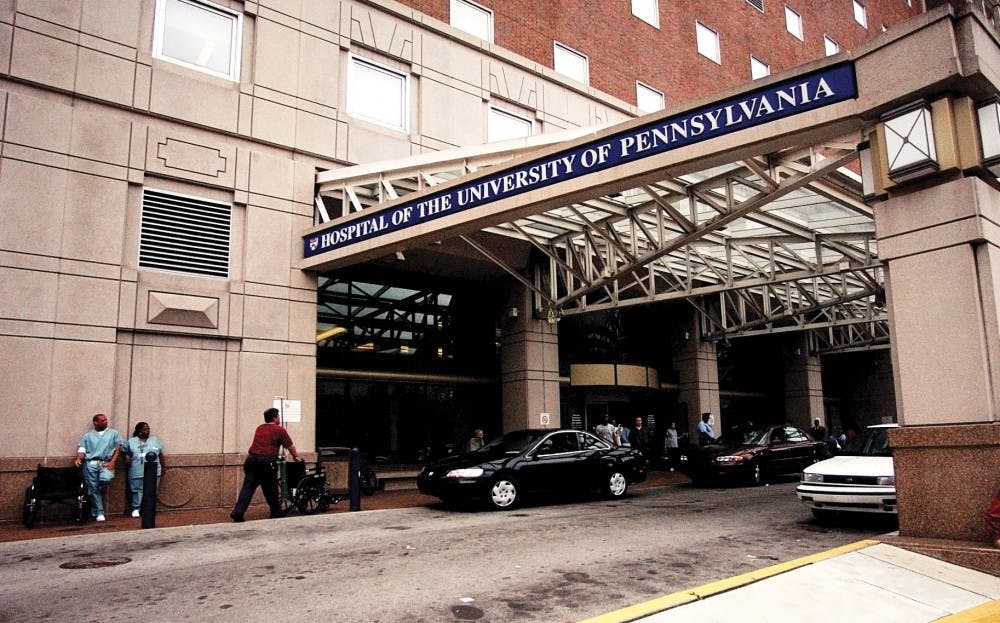The Hospital of the University of Pennsylvania and the Children’s Hospital of Philadelphia have joined other prominent institutions in an effort to diagnose rare disorders. The National Institutes of Health selected HUP and CHOP as the latest members of the Undiagnosed Diseases Network. The institutions will receive $2.5 million in research grants and become part of a research study involving advanced genetic testing.
“This new program will allow us to investigate as thoroughly as possible the cause of previously inscrutable diseases, in both children and adults,” Perelman School of Medicine professor Reed Pyeritz told CHOP News. “In addition to providing much needed clinical perspective, we anticipate deriving considerable research benefit through our activities."
According to the National Human Genome Research Institute, a rare disease is defined as a "disorder or condition with fewer than 200,000 people diagnosed.” About 80 percent of rare diseases are caused by genetic mutations.
Application to the program is open to patients with undiagnosed conditions, who, if selected, go to one of the network centers for further evaluation, Neurology Reviews said. During the past four years, 237 out of 907 previously undiagnosed patients have now had their disease identified, the Undiagnosed Diseases Network reported.
HUP and CHOP join the project as the NIH’s rare disease study moves into its second phase. Harvard Medical School, Boston Children’s Hospital, Duke University, Stanford University, the University of California at Los Angeles, Baylor College of Medicine, and Vanderbilt University Medical Center have all been part of the initiative since 2014.
HUP’s newest initiative comes at a time of rapid expansion for Penn Medicine. In 2017, Penn Med announced that it intends to construct "The Pavilion," a $1.5 billion inpatient facility—Penn's largest capital project to date. The project will house inpatient care for heart and vascular medicine and surgery, neurology and neurosurgery, the Abramson Cancer Center, and a new emergency department.









